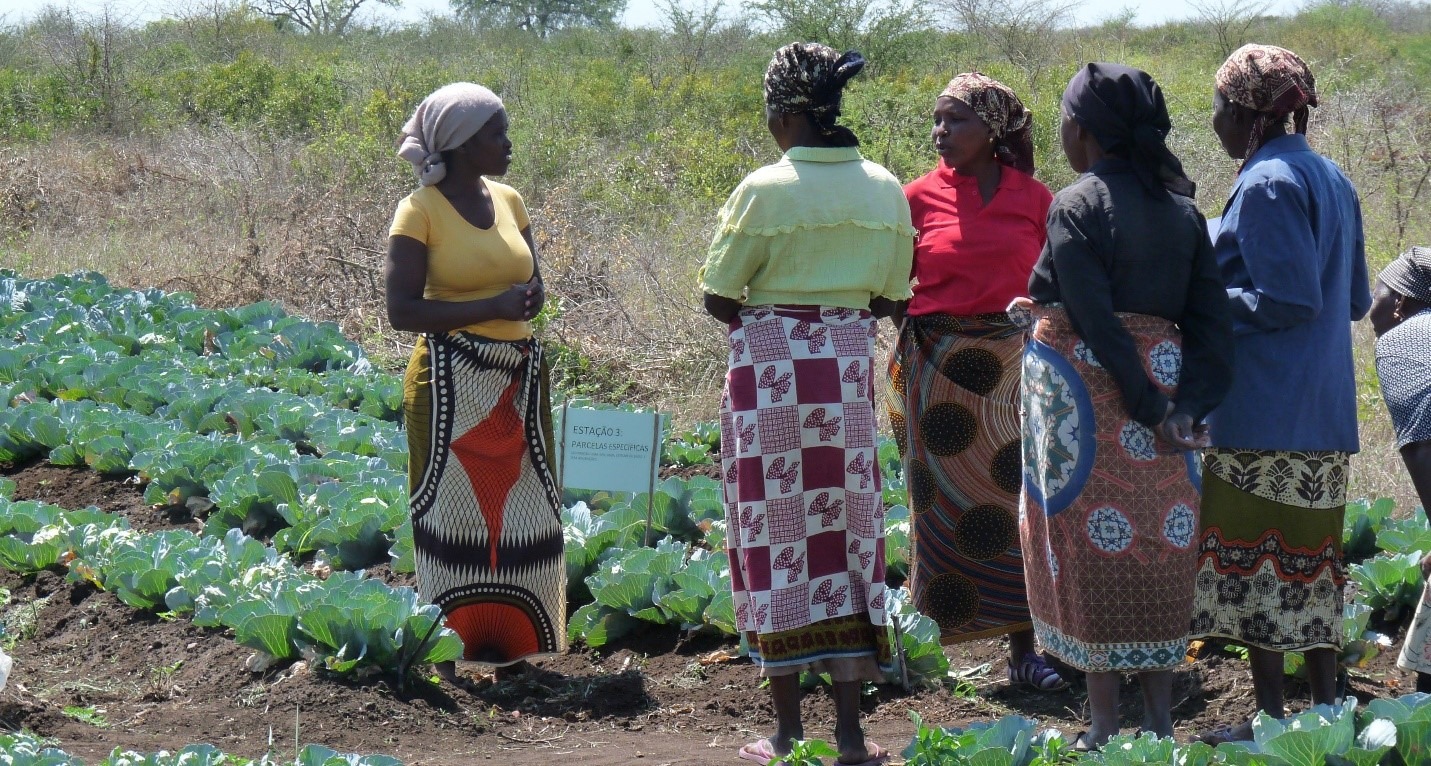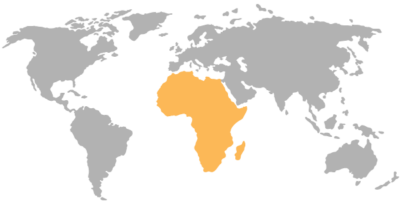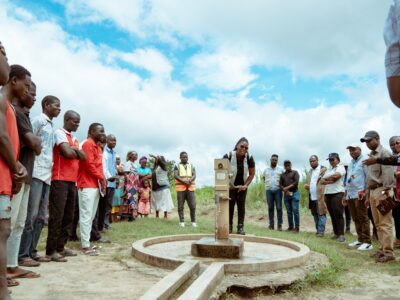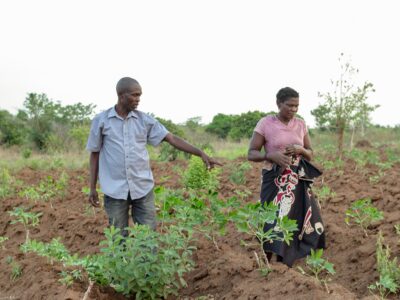Background Narrative
The FTF RESINA project is a five-year initiative to support farmers in the Nampula and Zambezia provinces of Mozambique through a local food systems (LFS) approach. This approach integrates climate change adaptation capacities focusing on innovation, affordable water solutions, and nutrition-sensitive agriculture. Our approach is built on analyzing and understanding the characteristics of local agrifood systems and what makes them vulnerable to shocks and stressors. The FTF RESINA project, which began in May 2022, is funded by USAID and implemented by ACDI/VOCA and its consortium members, iDE and ideiaLab. The overall goal of the program is to create a more resilient food system in the regions we work in. Specifically, the program will improve the resilience and prosperity of at least 50,000 households in select districts of Nampula and Zambezia over the life of project.
Project Objectives
- Increase household food security, yields of nutritious commodities, and profitability of agricultural enterprise
- Improve management of productive natural resources through increased adoption of climate-smart agriculture and good management of multi-use water systems
- Improve nutrition for women, adolescent girls, and children through increased diet diversity and women’s empowerment.
Project Activities and Approaches
- Co-create locally owned solutions to poor market function with food system and market actors, entrepreneurs and institutions.
- Coordinate and facilitate linkages between producers, input suppliers, processors, and end market opportunities to enhance uptake of climate-smart, resilient agriculture technology while improving incomes.
- Leverage grants and to de-risk adoption of innovative gender- and youth-inclusive and nutrition-sensitive business models across local and regional food systems.
- Sequence, layer, and integrate activities with government and other USAID activities to create sustainable pathways to market growth and faster systemic change.
Anticipated Results
The project intends to achieve activities through three Intermediate Results:
- Increased Household Food Security
- Increased productivity of agriculture and profitability of ag enterprise
- Improved Management of Productive Natural Resources
- Use of climate-adapted agriculture and improved multi-use water systems
- Improved nutrition outcomes of women, adolescent girls, and young children
- Improved diets and women’s empowerment
Project Leadership

Chief of Party: Nephas Munyeche
nmunyeche@acdivoca-mz.org

Project Director: Lucas Valente da Costa
lvalentedacosta@acdivoca.org

Project Specialist: Karla Munoz-Cholico
kMunoz-Cholico@acdivoca.org







